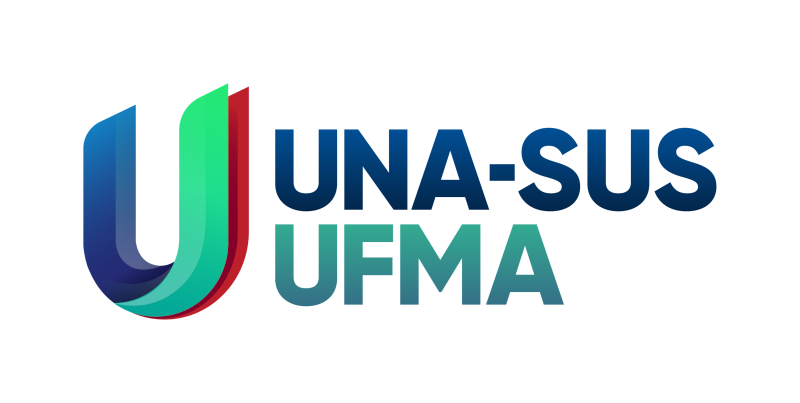Easily turn your web application into into a LTI® 1.3 Learning Tool.
Please ⭐️ us on GitHub, it always helps!
Ltijs version 5.0 is a re-release of the project as a Certified LTI® library, that comes with many improvements, new functionalities and a few API changes, see bellow for a migration guide from version 4 and a complete list of the changes made:
Ltijs is the first LTI Library to implement the new LTI® Advantage Dynamic Registration Service, now supported by Moodle 3.10. The Dynamic Registration Service turns the LTI Tool registration flow into a fast, completely automatic process.
Learning Tools Interoperability® (LTI®) is a trademark of the IMS Global Learning Consortium, Inc. (https://www.imsglobal.org)
- Introduction
- Feature roadmap
- Installation
- Quick start
- Documentation
- Contributing
- Special thanks
- License
The Learning Tools Interoperability (LTI®) protocol is a standard for integration of rich learning applications within educational environments. ref
This library implements a tool provider as an Express server, with preconfigured routes and methods that manage the LTI® 1.3 protocol for you. Making it fast and simple to create a working learning tool with access to every LTI® service, without having to worry about manually implementing any of the security and validation required to do so.
| Feature | Implementation | Documentation |
|---|---|---|
| Keyset endpoint support | ✔️ | ✔️ |
| Deep Linking Service Class | ✔️ | ✔️ |
| Grading Service Class | ✔️ | ✔️ |
| Names and Roles Service Class | ✔️ | ✔️ |
| Dynamic Registration Service | ✔️ | ✔️ |
| Database plugins | ✔️ | ✔️ |
| Revised usability tutorials | ||
| Key Rotation | ||
| Redis caching |
$ npm install ltijsThis package natively uses mongoDB by default to store and manage the server data, so you need to have it installed, see link bellow for further instructions.
Ltijs can also be used with other databases through database plugins that use the same structure as the main database class.
- Sequelize Plugin(MySQL, PostgreSQL)
| Ltijs-sequelize version | Ltijs version |
|---|---|
| ^2.3.0 | ^5.5.0 |
| ^2.2.0 | ^5.3.0 |
| 2.1.0 | 5.2.1 |
Setting up Ltijs
const path = require('path')
// Require Provider
const lti = require('ltijs').Provider
// Setup provider
lti.setup('LTIKEY', // Key used to sign cookies and tokens
{ // Database configuration
url: 'mongodb://localhost/database',
connection: { user: 'user', pass: 'password' }
},
{ // Options
appRoute: '/', loginRoute: '/login', // Optionally, specify some of the reserved routes
cookies: {
secure: false, // Set secure to true if the testing platform is in a different domain and https is being used
sameSite: '' // Set sameSite to 'None' if the testing platform is in a different domain and https is being used
},
devMode: true // Set DevMode to false if running in a production environment with https
}
)
// Set lti launch callback
lti.onConnect((token, req, res) => {
console.log(token)
return res.send('It\'s alive!')
})
const setup = async () => {
// Deploy server and open connection to the database
await lti.deploy({ port: 3000 }) // Specifying port. Defaults to 3000
// Register platform
await lti.registerPlatform({
url: 'https://platform.url',
name: 'Platform Name',
clientId: 'TOOLCLIENTID',
authenticationEndpoint: 'https://platform.url/auth',
accesstokenEndpoint: 'https://platform.url/token',
authConfig: { method: 'JWK_SET', key: 'https://platform.url/keyset' }
})
}
setup()See bellow for the complete documentation:
Service documentations:
- Deep Linking Service documentation
- Grading Service documentation
- Names and Roles Provisioning Service documentation
- Dynamic Registration Service documentation
Additional documentation:
Please ⭐️ us on GitHub, it always helps!
If you find a bug or think that something is hard to understand feel free to open an issue or contact me on twitter @cvmcosta, pull requests are also welcome :)
And if you feel like it, you can donate any amount through paypal, it helps a lot.
Carlos Costa 💻💬 📖 👀 📢 |
Lucas Terças 📖 🔧 |
Micael Gomes 🎨 |
I would like to thank the Federal University of Maranhão and UNA-SUS/UFMA for the support throughout the entire development process.
I would like to thank CourseKey for making the Certification process possible and allowing me to be an IMS Member through them, which will contribute immensely to the future of the project.










